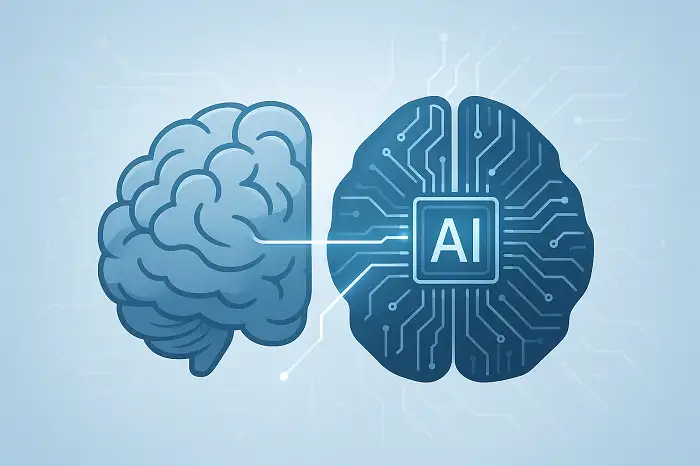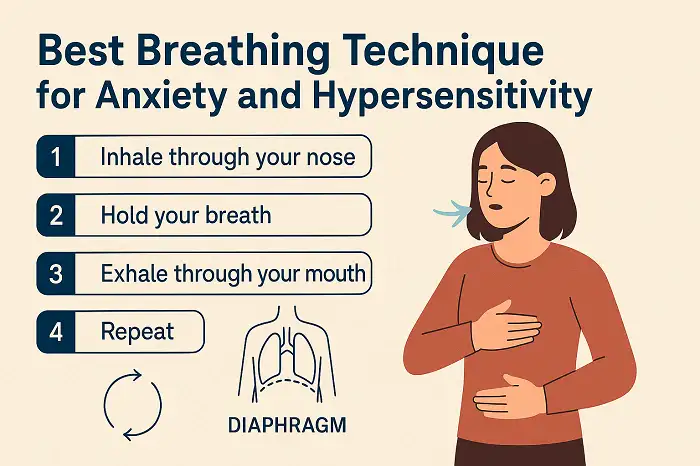Meditation | IELTS – TOEFL Speaking Practice Meditation | IELTS – TOEFL Speaking Practice Relevant Audio / Video File Watch or listen to the following video/audio file in conjunction with the topic being discussed and try to answer the questions about it. Questions about the video/audio file Discuss some of the numerous advantages of practicing meditation. Explain about the second principle, i.e. "keep a straight spine". Which type of music can help you to stay more organized and focused at the time of meditation? How does the air you inhale and exhale allegedly differ from each other? What should you ...
Home » Speaking Practice in English » Meditation | IELTS – TOEFL Speaking Practice

Meditation | IELTS – TOEFL Speaking Practice
Updated: by Dr. Mohammad Hossein Hariri Asl
Time to Read: 10 minutes | 413 Views | 16 Comments on Meditation | IELTS – TOEFL Speaking Practice
Share This Post
About the Author
Dr. Mohammad Hossein Hariri Asl is an English and Persian instructor, educator, researcher, inventor, published author, blogger, SEO expert, website developer, entrepreneur, and the creator of LELB Society. He's got a PhD in TEFL (Teaching English as a Foreign Language).
Number of Posts: 4243



7. What are the prerequisite conditions for meditation?
That’s a good question because meditation is not exactly the same as relaxation, and it requires a specific posture and some related techniques.
6. Why do people need to meditate in their life? Do you think the essence of meditation could reflect an inappropriate lifestyle?
This question about meditation is rather too critical because, as far as I can see, you don’t hold any positive opinion about this activity.
5. Some people believe that meditation helps us to solve our problems or treat our health issues. what do you think? Is it possible we overcome our difficulties by this means?
It’s obvious that meditation cannot be regarded as a panacea for all problems and vicissitudes in life.
This questions was deleted by the teacher.
4. I’m afraid, this question cannot be discussed in the class for being somehow irrelevant.
Nobody could negate the question.
3. Prepare yourself for one of the questions on the video/audio file on this post developed by the teacher. The teacher will determine the question.
2. Photo Scanning Activity:
She is NOT meditating at all.
Decisively, that’s true. First of all, her posture, legs and hands along with opened eyes illustrate she isn’t concentrated. In the other hands, she raises her head and enjoys watching a pleased something. Something else which I have to add is that the light is too much for meditation. That’s why I think there is no evidence that she is mediating.
✅ Right. Thank you for your special attention.
1. Argue for/against the following statement:
Any relaxing music can prepare you for a deeper meditation session.
I think music can be regarded as a powerful tool in meditation. Music specially soft music can help us to be more relaxed and concentrate better on things. Little by little, people can learn to meditate without
music.
That’s a good point! Nature sounds, binaural beats, and ambient music can help us be more relaxed and focused during meditation. However, as we become more skilled, meditation could be practiced without any music.
Music is an international language and that can affect all people, irrespective of their languages, cultures, etc. So, music could impact our feelings profoundly. Also, in your schedule, you can meditate up to a maximum of 2-3 hours per day and for the rest of your time, you can listen to music in order to have the peace of mind.
Is listening to music equal to meditation? 😗 They are by no means synonymous.